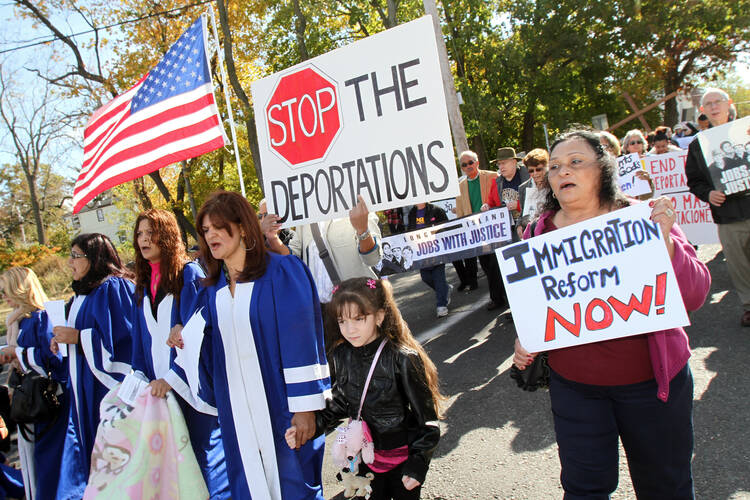No one was surprised when Paul Ryan, the new speaker of the Republican-controlled House of Representatives, said immigration reform was dead until at least the next presidential election. “I think it would be a ridiculous notion to try and work on an issue like this with a president we simply cannot trust on this issue,” Mr. Ryan said on “Face the Nation” this past Sunday, adding, “He tried to go it alone, circumventing the legislative process with his executive orders.” (At the end of 2014, President Barack Obama effectively granted temporary legal status to more than four million undocumented immigrants, including parents of U.S. citizens and those who have been living here for at least five years without committing felonies.)
Much of the reporting on immigration reform focuses on the undocumented migrants—some 11 million in all—whose lives are in limbo. The Center on Budget and Policy Priorities has identified another victim of delay: state and local government. According to a report released last week, granting permanent legal status to all undocumented immigrants now working in the United States would boost state and local tax revenue by $2.2 billion a year (including the $845 million that could result from President Obama’s executive action, which could vanish with a new occupant in the White House).
The report’s authors write, “Because they operate in the shadows of the labor market, employers can exploit [undocumented immigrants] and they are cut off from many opportunities to earn more and contribute more to a state’s economy and tax base.
"Their status in the shadows harms state economies. Currently, for example, some employers exploit unauthorized immigrants by paying them less than the minimum wage (or not at all) and subjecting them to poor working conditions. If employers could no longer do that, wages and working conditions would improve for a broader swath of workers. That’s because exploitative employers would have to compete with more responsible firms on a level playing field, encouraging higher quality jobs rather than a ‘race to the bottom.’”
Higher wages mean more consumer spending, the C.B.P.P. claims, which means more sales tax revenue and more funding for education, transportation and other services that can strengthen the economy. And because additional wage-earners in a state or city can increase consumer demand, immigration can boost a local economy without the zero-sum effect of taking jobs away from native-born Americans.
It is ironic that Speaker Ryan would put the kibosh on immigration reform since he is a major proponent of shifting political power to state and local governments. For example, he wants to replace need-based federal welfare programs with “block grants” that states could spend as they see fit—the kind of proposal that inevitably results in the neediest states getting a lot less money. The paralysis on immigration reform not only hinders the ability of local governments to integrate their foreign-born residents into society, it starves them of tax revenue that could help compensate for less financial assistance from Washington.








